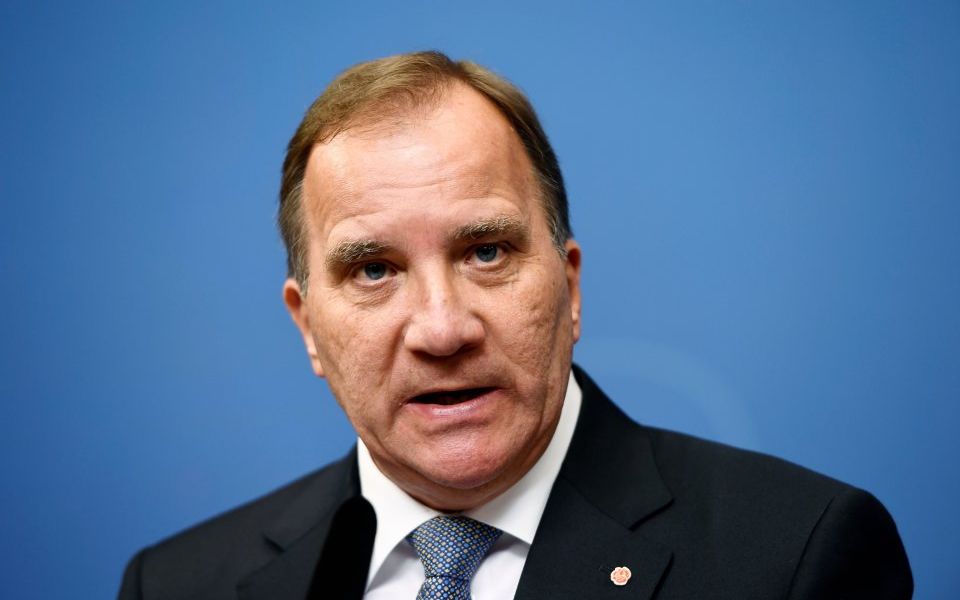Swedish Prime Minister ousted in no-confidence vote

Swedish Prime Minister Stefan Lofven lost a no-confidence vote in parliament this morning, but said he is not afraid of a re-run of September’s closely fought election.
That election resulted in a hung parliament, which led to today's vote in which 204 of the country’s 349 MPs called for the Prime Minister’s resignation this morning, a first in the country’s history.
"I think there are very few people who want another election. If it happens I am not afraid of it," Lofven said.
Having ruled for four years in a minority government, Lofven’s authority was undermined when his centre-left red-green coalition of the Greens, the Left Party and Lovfen's Social Democrats won just 144 seats in September, only one more than the centre-right Alliance, and not enough for a majority.
The Sweden Democrats, a populist anti-immigrant party, won 64 seats, giving them the balance of power as the third largest party.
The party's leader, Jimmie Akesson, vowed to overthrow any government which did not give him influence.
He said a coalition with the Alliance, which includes the Liberal and Centre parties, is unlikely, but said he might back a government led by Moderate party leader Ulf Kristersson.
However, both Lofven and the Alliance have promised not to enter government with the Sweden Democrats.
Speaking after the vote, Lofven said: “Now our gazes turn to the Alliance’s promise not to rule with support from the Sweden Democrats. We should remember that there are good reasons so many voters demanded that promise."
He continued: “The Sweden Democrats was founded by, among others, Nazis and members of the Swedish white power movement. Time after time their continuing ties to racist and Nazi organisations have been revealed […] But if the centre-right parties choose to rule as the smallest coalition they will be wholly reliant on the Sweden Democrats.”
Lofven is expected to govern Sweden as head of a caretaker government until the newly elected speaker of the house can find a new prime minister candidate with enough parliamentary support. There is no time limit for this.
In 2014, Lofven’s centre-left coalition gained 18 seats more than the Alliance, but again failed to win a majority. After his budget was defeated in parliament by the Alliance and the Sweden Democrats, Lofven called a new election.
However, this was averted when the Alliance agreed to passively support the centre-left coalition in an unprecedented move designed to exclude the Sweden Democrats from government.